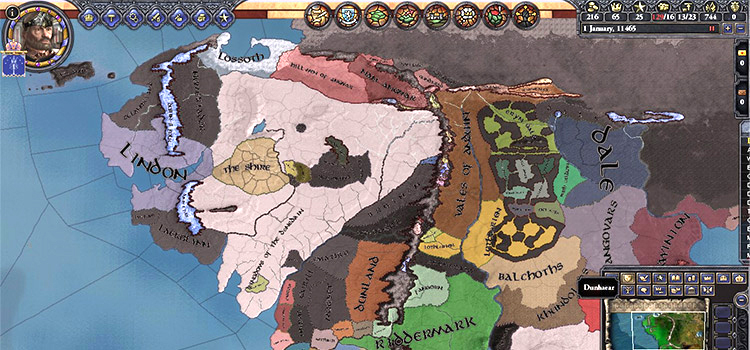

In addition, upon conquering a region it will get a temporary penalty if it is a different culture. The permanent penalty (unless culture changes) is a 1% revolt risk for being a different culture than the liege, and 2% if it is in a different group. However as a realm expands it will inevitably encounter other cultures and culture groups, which will give various penalties, both permanent and temporary. At game start most realms will be relatively homogenous, with few realms containing more than one culture, and even fewer containing more than one culture group. Finally, there are also a limited number of events that depend upon or are influenced by culture.Įvery county in the game has a culture representing the major culture there. Of note, the Welsh have access to Longbowmen and Tanistry, while the Scottish have both Schiltron and Tanistry. As indicated by this analysis, the 3 most retinue-cap-effective military units in the game, are the Longbowmen, Schiltron and Cataphracts, each of which are available only to specific culture groups.Īdditionally, Tanistry succession is useful for maintaining a large stable empire within dynasty hands, and is again, only available to certain cultural groups (Breton, Irish, Scottish, or Welsh). Aside from opinion modifiers mentioned below, the strongest effect of culture is most evident in the cultural specific buildings and retinue units available to your ruler. At the most superficial level, Culture affects things like names and portraits. In Crusader Kings II all cultures are created MOSTLY equal. Culture mismatch can hurt on both on the provincial level and inter-character relations. I'll go into what culture does and how you can use it to your advantage.Ĭulture is an abstract representation of the ethnicity and traditions of the peasantry, and whom nobles identify with. Every culture belongs to a culture group, and is closer to other cultures in the same groups than cultures outside it. Unlike religion, culture has only a minor effect upon the peasantry, most of the effect is instead on your vassals. As culture in Crusader Kings II is in many ways similar to religion, it seems a fitting topic to follow up the installment on religion.


 0 kommentar(er)
0 kommentar(er)
